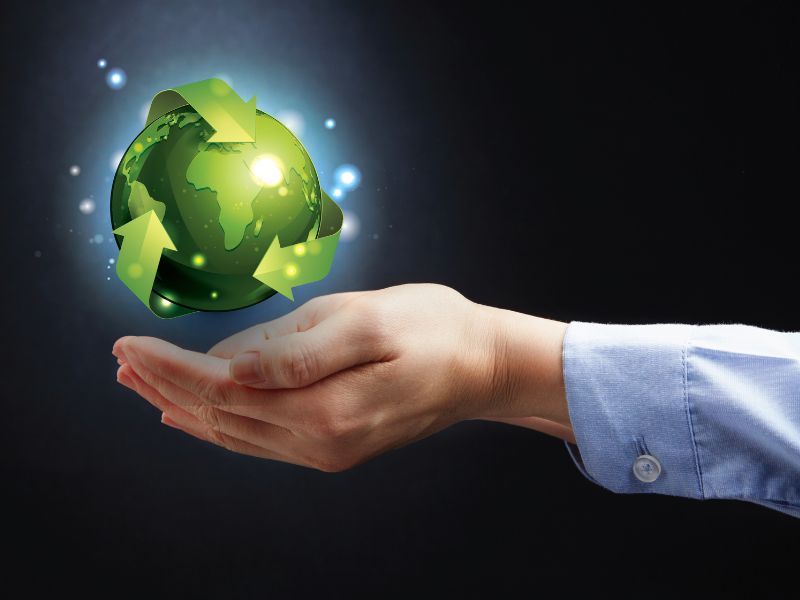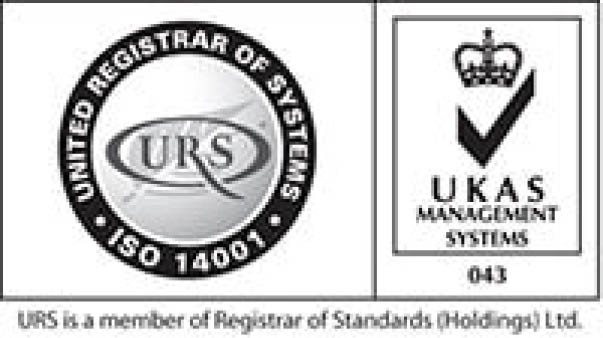Visit a German city and you’ll soon notice people walking the streets carrying large bags that don’t seem to weigh much. Watch closer and you’ll see them retrieving empty plastic bottles from park benches, bins and other places they might have been discarded.
The plastic bottle deposit scheme allows anyone to get a small cash refund by using a ‘reverse-vending’ machine. It’s a great example of how recycling infrastructure affects behaviour and recycling rates.
Recycling looks very different depending on where you are in the world.
Africa, for example, has a growing plastic waste crisis. Changing lifestyles and urbanisation have drastically increased the use of plastic packaging, but without a corresponding growth in recycling infrastructure.
It’s worth remembering that a plastic bottle can take up to 500 years to fully decompose.
Awareness and Infrastructure Working Together
Perhaps the most powerful example of how awareness and infrastructure can combine to drastically reduce non-recyclable waste volumes comes from Switzerland.
Recycling is essentially free. If you want to dispose of unsorted non-recyclable waste, you have to do it using official (and expensive) rubbish bags. Currently, about 93% of glass bottles and 91% of aluminium cans are recycled. Much organic waste such as food scraps is recycled into compost.
Japan has removed rubbish bins from city streets. Citizens are expected to take their rubbish home and ensure its segregated and suitable for recycling. All waste is traceable back to an individual household.
Tackling Food Waste in Korea
In Korea the focus is on food waste (which is a global problem). This has to be deposited (at a cost) in official bins using approved biodegradable bags. The scheme cut food waste from 130 kilos per person per year to less than 11.
Closer to home – in fact very close for those of us in Somerset – is the example set by Wales. Education, coupled with easy-to-access infrastructure increased recycling rates from 5% to 60% in 20 years.
In England, significant progress has been made through greater awareness and the increasing use of kerbside collection of segregated recyclables. Perhaps some of the examples from around the world will help push recycling rates higher still?
For the record, Wellington Waste carefully sorts the waste we collect and ensures it is directed to verifiable waste streams to ensure as much as possible is either recycled or directed to energy from waste facilities.
So, if you have a large quantity of waste and want to be confident that it will be handled responsibly, give us a call or get a skip quote now.

